Head to head: Honda Civic Type R vs. NSX-R
They share a common name, but they’re worlds apart
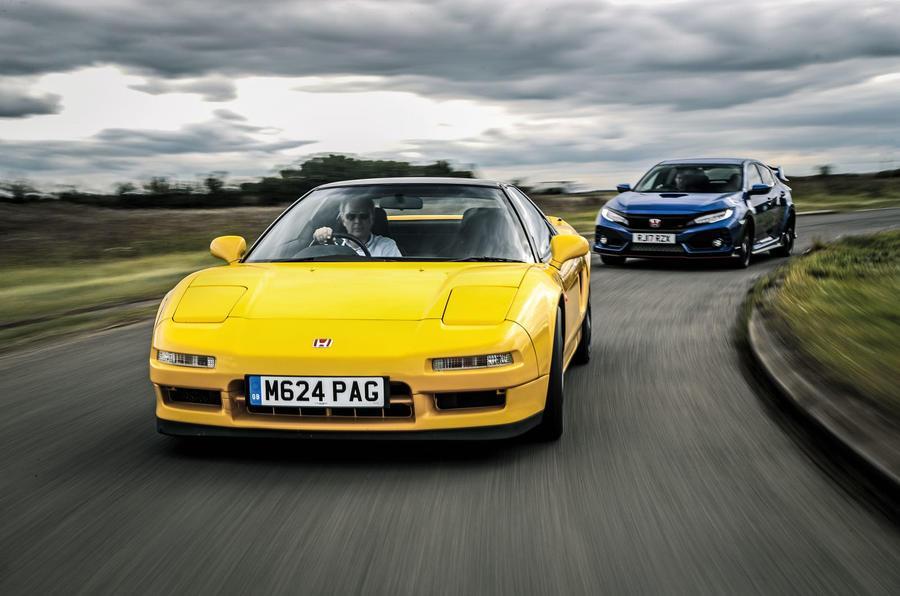
Your support helps us to tell the story
From reproductive rights to climate change to Big Tech, The Independent is on the ground when the story is developing. Whether it's investigating the financials of Elon Musk's pro-Trump PAC or producing our latest documentary, 'The A Word', which shines a light on the American women fighting for reproductive rights, we know how important it is to parse out the facts from the messaging.
At such a critical moment in US history, we need reporters on the ground. Your donation allows us to keep sending journalists to speak to both sides of the story.
The Independent is trusted by Americans across the entire political spectrum. And unlike many other quality news outlets, we choose not to lock Americans out of our reporting and analysis with paywalls. We believe quality journalism should be available to everyone, paid for by those who can afford it.
Your support makes all the difference.Twenty-five years separate the first and the most recent R-badged Honda models. Yup, a quarter of a century of high-performance development stands between the original NSX-R and the latest Civic Type R. Just how different are they?
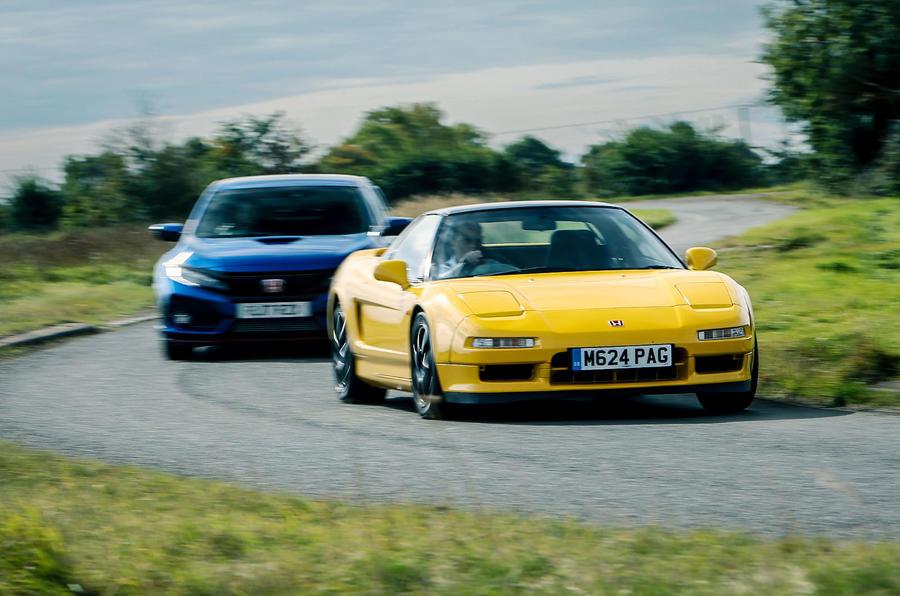
The technical improvements are immediately evident in the two cars’ power outputs. In period, Honda claimed 276bhp for the NSX-R’s charismatic 3.0-litre V6, but legend has it that was more like 300bhp-plus. This was impressive for an early 1990s supercar, but these days the NSX-R has to give best to the Civic Type R, which boasts 316bhp from a four-cylinder turbo drivetrain clothed in an eminently sensible four-seater hatchback body.
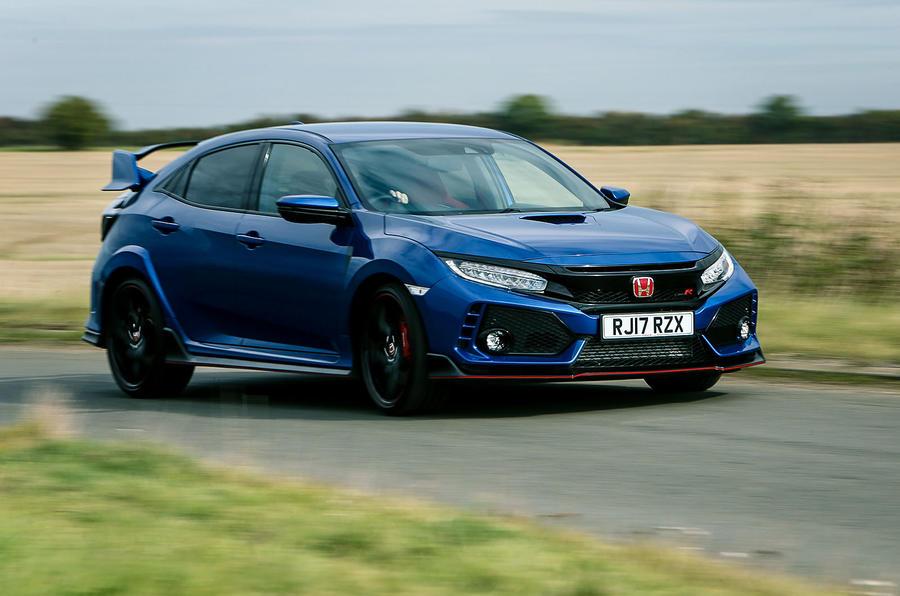
The Civic’s day-to-day usability extends to a special Comfort chassis mode, while there’s a front limited-slip diff plus stupendous brakes and steering. Its family car roots are clear – in stark contrast to the NSX-R, which took the already faintly ridiculous, mid-engined NSX as its base and then took the slightly berserk route. More than 100kg of ‘unnecessary’ components such as sound deadening were stripped out, and “lightness added” with the likes of Recaro carbon-Kevlar bucket seats. The result was a 1,230kg missile.
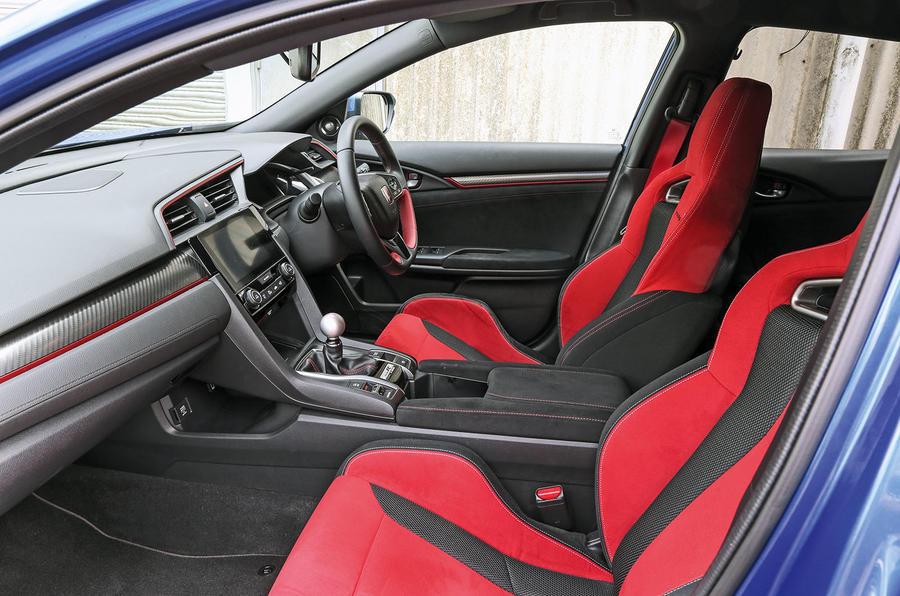
Complete with a blueprinted powerplant, lower gearing, stiffened chassis and boosted suspension rates, the NSX-R was produced on a strictly limited basis. Of the 483 examples built, only a handful came to the UK. It still feels special to sit in all these years later, enveloping the driver in the height of 1990s high-performance chic, right down to the suede-wrapped dash, slim Momo wheel and black-faced dials. The car’s super-low stance affords an astonishingly good view out, too.
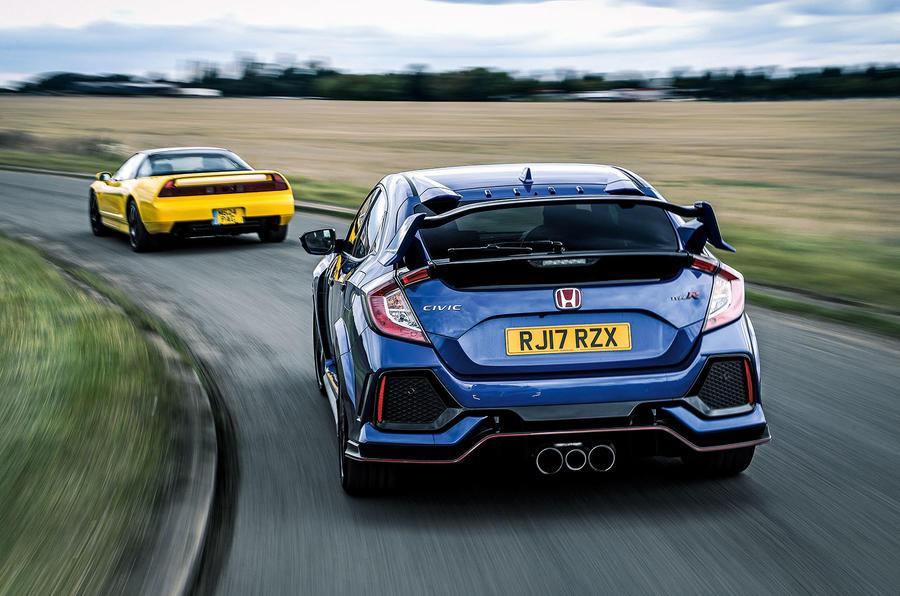
That tuned suspension gives a somewhat jarring ride, but the NSX-R’s brilliantly flat cornering and total body control are more than adequate compensation. The heavy steering is bicep pounding, yet it gives an incredible sense of connection with the wheels and road. No modern supercar is this tactile.
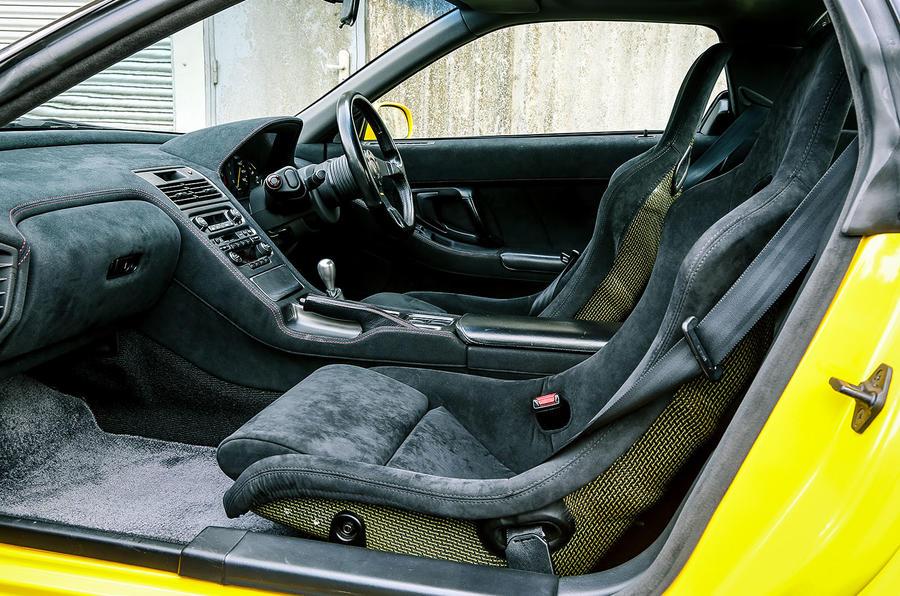
The NSX-R is wickedly fast below 6,000rpm, but pass that magic figure and things rapidly move into ‘bonkers’ territory. The gnashing valvetrain, wailing exhaust and hard-thrusting performance make this a sublime experience, enhanced by the unbelievably sweet-shifting transmission. The modern Civic Type R’s still-impressive gearbox doesn’t come close.
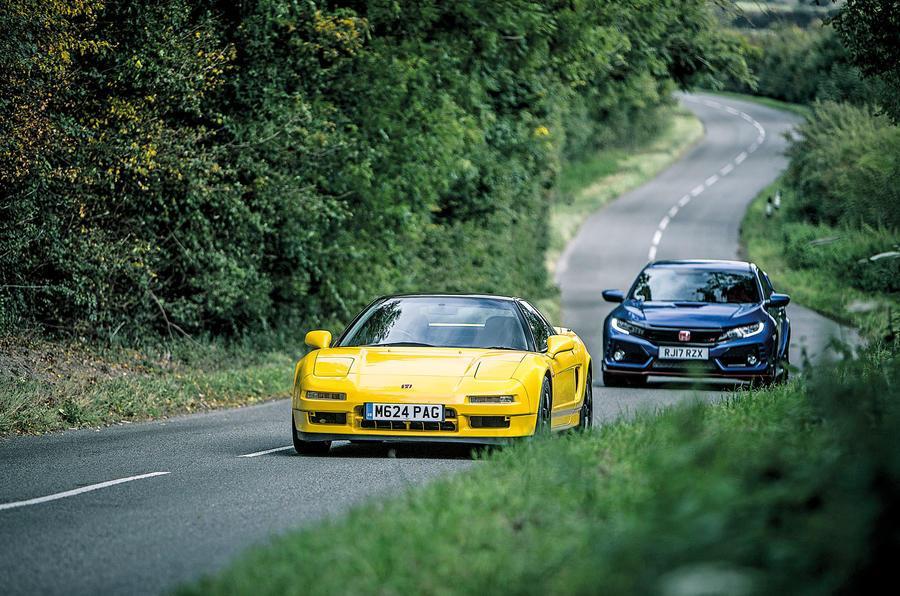
Ultimately, our hot Honda head-to-head highlights just how far technology has come in 25 years – but also how much we’ve lost. Driving any modern performance or supercar can’t touch the visceral thrill of getting behind the wheel of the NSX-R. Every aspect of it is incredible, while the gearbox and steering are truly epic. The latest Type R looks like it wants to be noticed, while the NSX-R looks like it wants to go very fast indeed… and it does. The fact it involves the driver at such a high level is what makes it truly unique. We’ll never see its like again.
Join our commenting forum
Join thought-provoking conversations, follow other Independent readers and see their replies
Comments